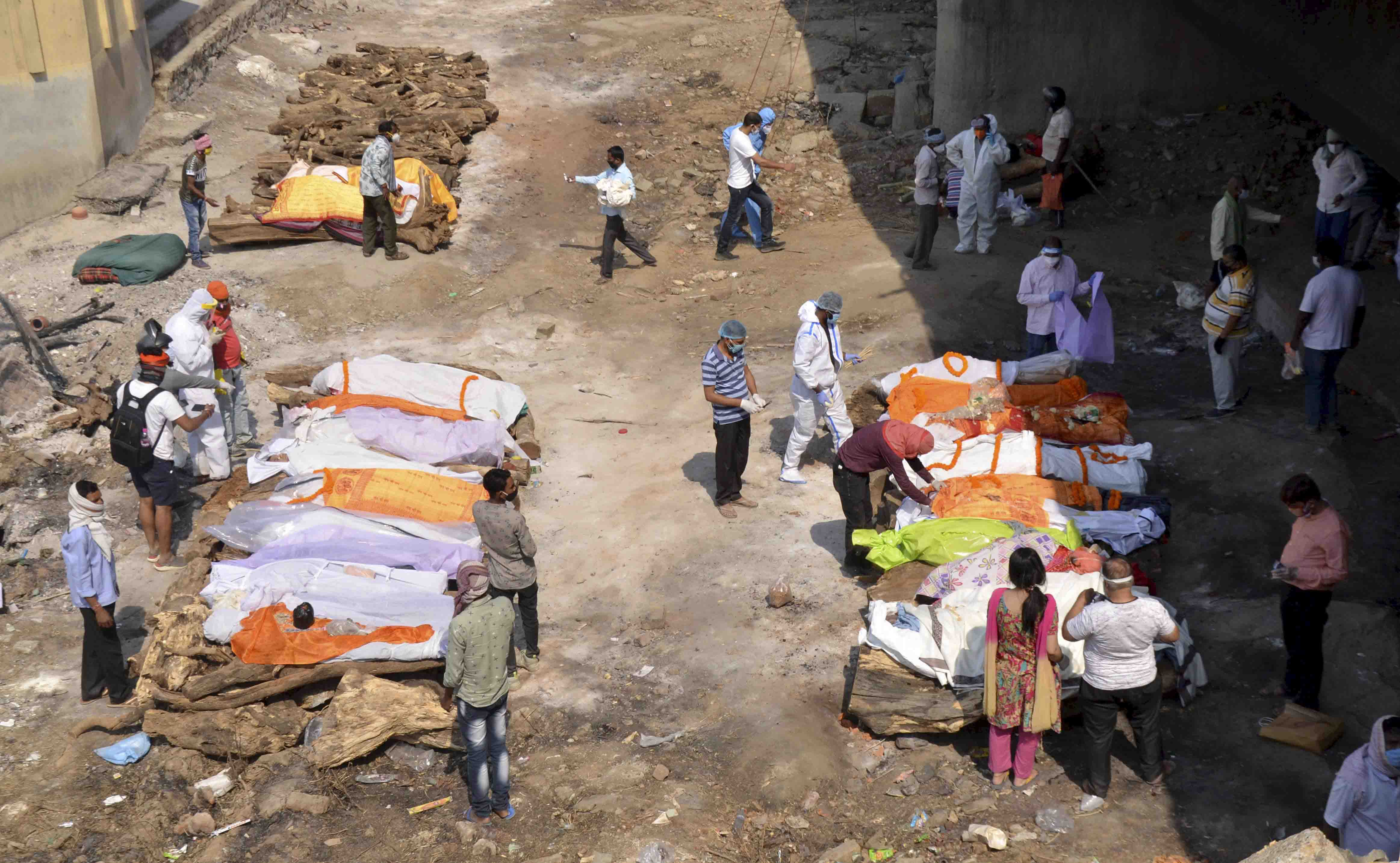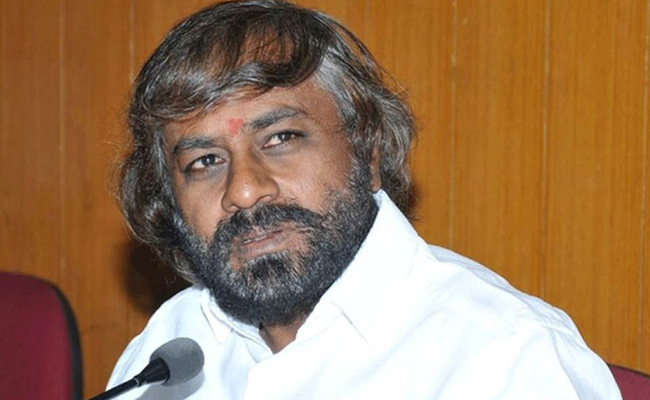Bengaluru, May 10: Karnataka on Monday logged 39,305 cases, taking the caseload to 19,73,683, while 596 more deaths took the toll to 19,372, the health department said.
The state conducted 1.24 lakh tests on Monday, a decline from about 2 lakh tests done daily when the second wave of the coronavirus hit the state.
In its media bulletin, the department said there were 5,71,006 active cases, while 32,188 people were discharged taking the cumulative discharges to 13,83,285.
The decline in cases was reflected in Bengaluru's COVID tally too, which is the epicentre of the pandemic in Karnataka.
Bengaluru Urban district reported 16,747 infections, a decline by about 4,000 cases compared to Sunday.
However, the death toll of 374 on a single day remained alarming.
The city has so far reported 9,67,640 infections and 8,431 deaths.
There were 9,67,640 active cases.
Ballari has been the second major COVID hotspot after Bengaluru in terms of fatalities.
Fresh cases were at 973, a decline by over 1,200 compared to Sunday. There were 26 deaths on Monday.
According to the health bulletin, 2,168 infections were reported in Tumakuru, 1,800 in Hassan, 1,537 in Mysuru, 1,175 in Dakshina Kannada, 1,133 in Mandya and 1,006 in Dharwad.
Bagalkote, Belagavi, Bengaluru Rural, Chamarajanagar, Chikkaballapura, Kalaburagi, Kodagu, Kolar, Raichur, Shivamogga, Udupi, Uttara Kannada, Vijayapura and Yadgir were among the districts with over 500 cases.
The department said 22 deaths each took place in Hassan, 15 each in Bagalkote and Tumakuru, 12 each in Mandya and Haveri, 11 each in Shivamogga and Uttara Kannada and nine in Kodagu.
Deaths were reported in 19 other districts as well.
To view today's health bulletin: CLICK HERE
Let the Truth be known. If you read VB and like VB, please be a VB Supporter and Help us deliver the Truth to one and all.
Bengaluru, May 15 (PTI): The Karnataka High Court on Wednesday directed that no coercive steps be taken against singer Sonu Nigam until the next date of hearing, in connection with a recent criminal case registered against him for allegedly making offensive remarks during a concert.The court also permitted the singer to appear via video conferencing for recording his statement, if required by the investigating officer (IO). Alternatively, if the IO insists on a physical appearance, the court said the officer could visit Nigam, with the singer bearing the associated expenses.
The case stems from a complaint lodged after an incident at a concert, where some Kannadiga fans had requested Nigam to sing in Kannada. The singer allegedly took offence to the tone of the request and reportedly remarked, “This is why Pahalgam happened,” drawing a controversial comparison to the April 22 terror attack in Jammu and Kashmir.
During the hearing, Nigam’s counsel, Dhananjay Vidyapati, argued that the complaint was filed solely for publicity and that the alleged offence of public mischief under Section 505 of the IPC was not made out.
He also said it was a solitary incident, the concert proceeded smoothly, and the complaint was filed by a third party.
The state counsel, however, maintained that Nigam’s remarks needed to be examined in the course of investigation to determine intent.
“Whether the comments were intentional or not cannot be adjudicated under Section 482 (CrPC). He has not cooperated with the investigation. He could have at least said he was busy,” the State submitted.
Arguing against special privileges, the State’s counsel added, “A person who does not respect due process of law cannot be given benefit under 482… He is not a normal man, but that is precisely why he should not have made such a statement.”
When the court asked why Nigam’s statement could not be recorded virtually or even at his residence, the State objected, saying that would amount to giving the singer “too much convenience.”
Responding to concerns raised by Nigam’s counsel about the media spectacle that would follow a physical appearance, the court observed: “If you want physical appearance, you go to his place and record his statement. He could bear the expenses.”
The court recorded the State’s submission that no coercive steps would be taken if Nigam cooperated with the investigation. It stayed the filing of any final report in the case until the next date of hearing.





